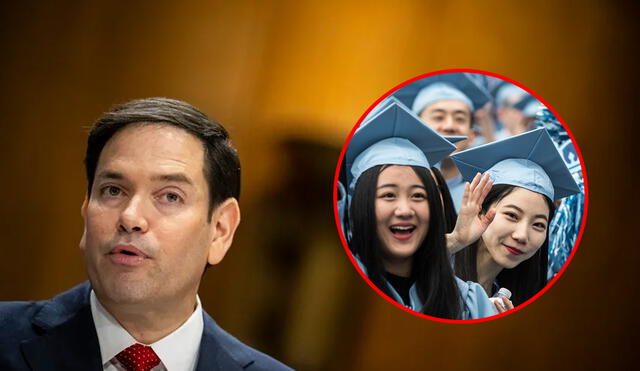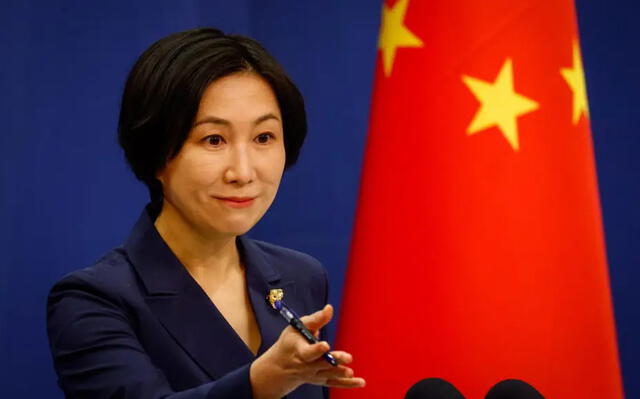Trump's administration will 'aggressively' revoke Chinese students' visas
Secretary of State announced that they will revoking visas for Chinesse students connected to Communist Party.

Secretary of State Marco Rubio said last Wednesday that the United States will start revoking visas of Chinese students "aggressively." Rubio referred to those who are connected to the Chinese Communist Party and are studying in "critical fields."
In a statement, the Secretary of State said that new visa criteria would also be revised to "enhance scrutiny" of Chinese students and those who come from Hong Kong, a territory belonging to China. This is the latest move in the campaign against foreign students initiated by Trump's administration.
China’s response to U.S. policies
Mao Ning, a spokesperson for China’s Ministry of Foreign Affairs, said in a press conference in Beijing: “This politically discriminatory move exposes the hypocrisy of America’s long-proclaimed values of freedom and openness, and will only further damage the United States’ international image and credibility.”
In the 2023–24 academic year, there were about 277,000 Chinese students in the U.S., according to NBC News. This is a decrease compared to the 370,000 students who were here in 2019. On the other hand, there were only 800 American students in China last year, another decrease compared to the peak of 15,000 in 2014.

Mao Ning, a spokesperson for China’s Ministry of Foreign Affairs, criticized the Donald Trump's administration moves to their students. Photo: EFE Agency
What are the new measures on Chinese students' visas?
Rubio did not specify any particular measures. He did not explain what he means by "critical fields" or "connection" to the Chinese Communist Party and how they would identify that. However, connections between Chinese students and the Party exist.
According to a 2016 study, 75% of Beijing college students applied to be part of the Party during their licensing years. Another study, published in 2014, said that being a member could improve their careers, political positions, and even their social status.













